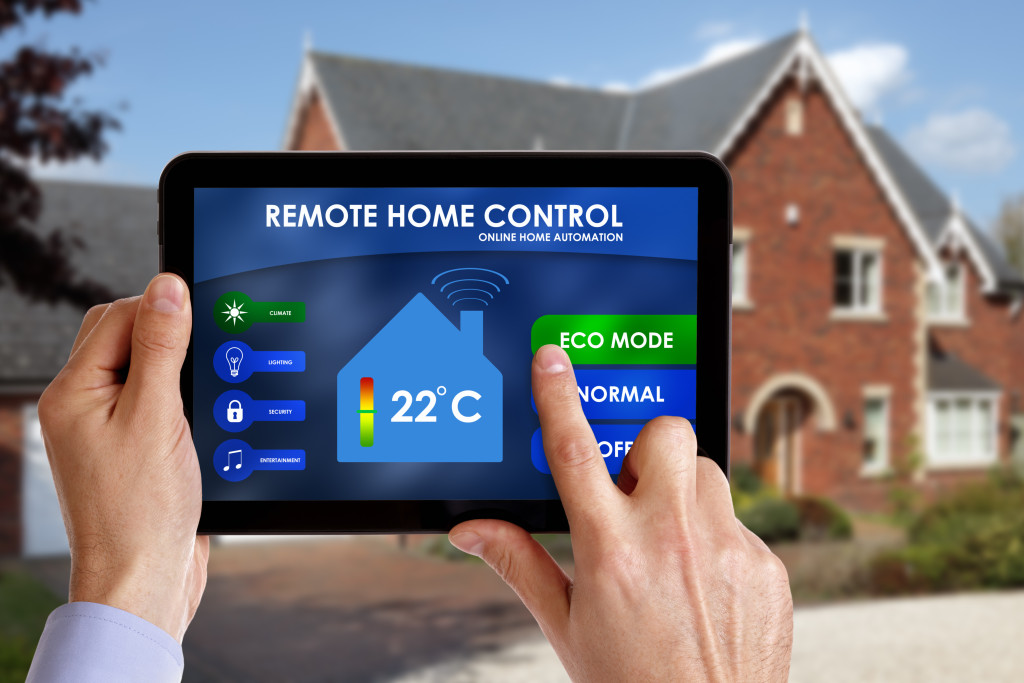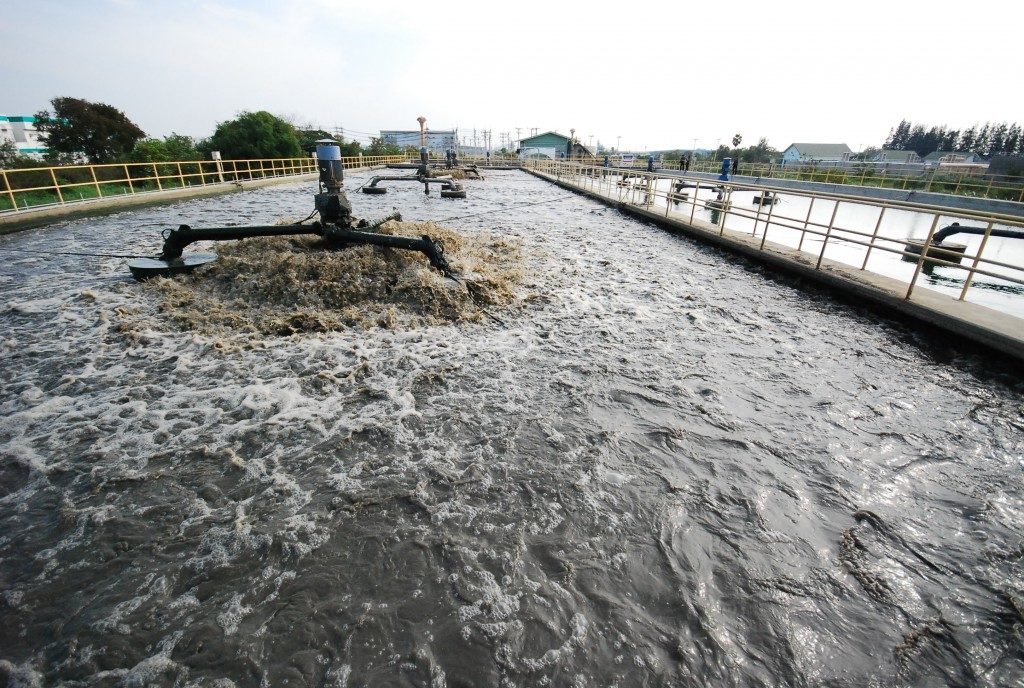These days, sustainability is king. Home building and maintenance materials can be easily sourced in hardware stores and other local shops, but not everything you see in the market can be good for the environment in the long run. If you are thinking of living sustainably, here’s how you can clean and maintain your home with eco-friendly materials.
- 1. Skip the muriatic acid.
- 2. Try baking soda to eliminate different stains.
- 3. Get rid of greasy surfaces, cloth stains, and unwanted odor with vinegar.
- 4. Check out the wonders of essential oils.
- 5. Use plant-based polyurethane foam for insulation.
- 6. Explore the wonders of straw bales.
- 7. Use precast concrete for construction.
- 8. Add more plants for cleaner air around the house.
- 9. Use bamboo tissue and wipes.
1. Skip the muriatic acid.
Muriatic acid is commonly used to balance your pool’s chemistry, which lowers the water’s alkalinity and pH. However, handling muriatic acid could cause health risks. Skin exposure may result in severe burns, while inhaling the acid could cause lung burns. Excessive contact with the acid could also result in blindness and other eye issues. Hence, it should not be easily accessible.
A great, non-toxic alternative for muriatic acid is an organic swimming pool acid. It is safer and is better for the environment. Using this alternative will help keep the water look bluer, cleaner, and safer without harsh chemicals’ harmful effects.
2. Try baking soda to eliminate different stains.
Tough stains, especially in the kitchen sink or the bathroom floor, can be hard to clean. Yet, there is a simple solution: baking soda. Baking soda is a multi-purpose cleaner used for stains on frying pans, ovens, tiles, and even glass surfaces. Mix baking soda with lemon juice and put it in a spray bottle for easy access, and you’re good to go.
3. Get rid of greasy surfaces, cloth stains, and unwanted odor with vinegar.
Vinegar is another cleaning material that can be easily found in your home. Spray white vinegar onto your tabletops, pans, and take-out plastics to get rid of grease. For a deeper clean, leave the vinegar on the greasy surface for a few minutes before washing it off with soap and water.
White vinegar can also be used with lemon to remove stains. You can easily dilute the mixture in water and spray it around the stained area for best results. It can also be used as a natural deodorizer for your bathroom, kitchen, or bedroom.
4. Check out the wonders of essential oils.
Essential oils are all the rage these days, and it is famous for all the right reasons. Besides using essential oils for your health and wellness activities, you can also incorporate them as you maintain your home. Some essential oils can be used as natural cleaning alternatives. You can mix essential oils with lemon, white vinegar, and water to clean your walls and floors.

5. Use plant-based polyurethane foam for insulation.
If you are looking to replace your insulation at home, it would be great to look into plant-based polyurethane rigid foam. This material is made from hemp, bamboo, and kelp. It can help protect your home from pests, mold and is also heat-resistant. It is also great to use for soundproofing studios and other areas in your home.
6. Explore the wonders of straw bales.
Straw bales are another eco-friendly alternative for insulation. You can place these in walls, ceilings, and attics to retain the cool temperature in hot weather or retain heat during the winter. Straw bales can be planted easily with less environmental impact. It is also a sustainable material used for building and can be used even in commercial locations.
7. Use precast concrete for construction.
Concrete is a natural material that is great for eco-friendly homes. Yet, if you are planning to have a home overhaul, choose precast concrete instead. This is more eco-friendly than concrete that is done on-site. The material is poured into molds and cured before it is transported to your location.
8. Add more plants for cleaner air around the house.
While scented candles and aerosol sprays get rid of unwanted smells, adding more plants in your home can help clean the air around your house. Plants are not just for decor, but they also purify the air by producing oxygen and absorbing carbon dioxide. You can start with easy-to-maintain plants like ferns, snake plants, and lilies.
9. Use bamboo tissue and wipes.
Wet tissues come in handy, especially during the coronavirus outbreak. As the need for wiping surfaces is always present, it is best to use sustainable materials. Bamboo tissues, unlike other wipes, are made of natural and renewable bamboo materials. These are gentle on the skin and can also be used on other surfaces.
There are many reasons why we should opt for eco-friendly materials for our home maintenance and construction needs. It helps improve our overall health, and it can also improve our dwellings. Using sustainable materials for maintaining and building our homes, we are contributing to making the world a better place.





